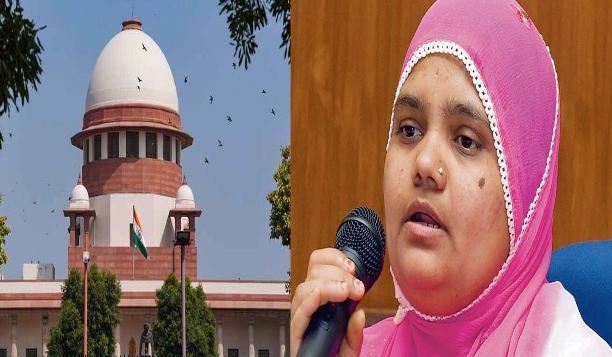
The Supreme Court on Tuesday questioned the Gujarat government on its decision to allow the early release of 11 life convicts in the Bilkis Bano case.
When considering remission in such heinous crimes impacting society at large, the bench of Justices KM Joseph and BV Nagarathna stated that the power must be exercised while keeping public interest in mind.
It further added that just because the Central government agreed with the State’s choice does not imply the State is not compelled to apply its mind.
“The question is whether the government used its mind, what material formed the basis of its decision, etc (Judicial) order ordering convicts to serve the rest of their natural lives in prison. (They were) released by executive order. Today it is this lady (Bilkis). It maybe you or me tomorrow. There must be objective criteria. If you don’t give us a reason, we’ll draw our own conclusions,” Justice Joseph observed.
The bench was hearing petitions challenging the inmates’ premature release, including one brought by the victim herself. On March 27, it issued notices in the pleas.
“The law has been laid down in Venkata Reddy’s case, where his remission as a ‘good Congressman’ was overturned. Even though power exists, the yardstick is extremely high. There must also be reasons,” Justice Joseph told the respondents, before ordering them to produce the files. Respondents are also required to file counter-affidavits by May 1.
The matter has now been rescheduled for May 2, when the bench will also rule on a review petition filed by the government against the court’s March 27 judgement.
“We will decide whether to file one by Monday,” ASG SV Raju, who represented both the Centre and the Gujarat government, told the bench.




